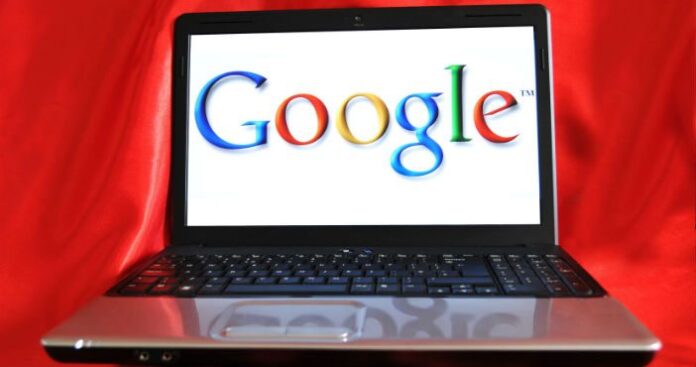Net neutrality is becoming a hot topic once again with President Obama unveiling his plan to keep the Internet “free and open.”
Everyone has a stake in the net neutrality debate, but perhaps no one more than large service providers like Verizon and AT&T who believe a “free” Internet is one free of regulation from the federal government.
But what about Google, the newest member of the big Internet service provider family? With its Gigabit Fiber optic network growing in several markets like Austin, Texas, it now has a greater stake in the conversation.
Google’s stance has not always been consistent.
In 2006, the company was quite outspoken when the debate first heated up, claiming that “phone and cable monopolies” posed “serious threats” to the Internet’s freedom from traffic discrimination.
But then in 2010, the company slightly changed its tune, issuing a joint statement with former rival, Verizon, on its public policy blog claiming that it will “support light touch regulation” and believes “safeguards are needed to combat incentives for carriers to pick winners and losers.”
The two companies even went as far as to lay out a legislative framework.
And while admitting, “we do disagree quite strongly on certain aspects of government policy,” they go on to say, “both our businesses rely on each other. So we believe it’s appropriate to discuss how we ensure that consumers can get the information, products, and services they want online.”
Until recently, they have been mostly silent about the issue. Now, it appears, they have reverted back to their outspoken 2006 position.
In a statement to Internet activists they said, “No Internet access provider should block or degrade Internet traffic, nor should they sell ‘fast lanes’ that prioritize particular Internet services over others.”
Also, earlier this year, they joined with other Internet companies calling on the FCC to preserve the open Internet.
It is a stance that has changed before, but for now, it seems solidly in favor of a free and open Internet.

